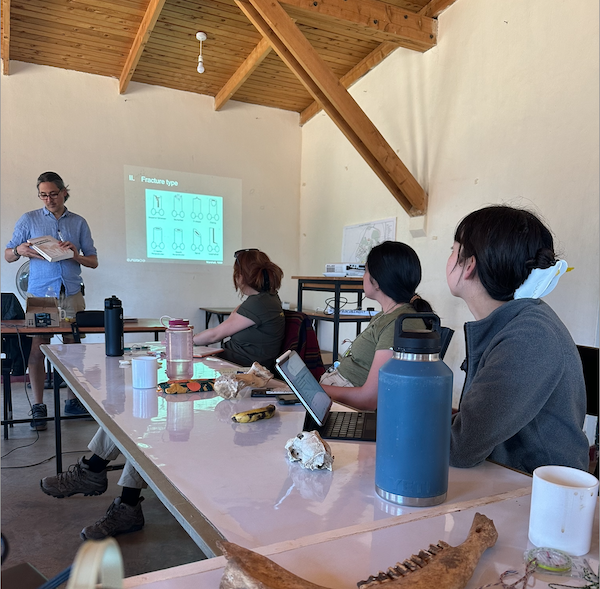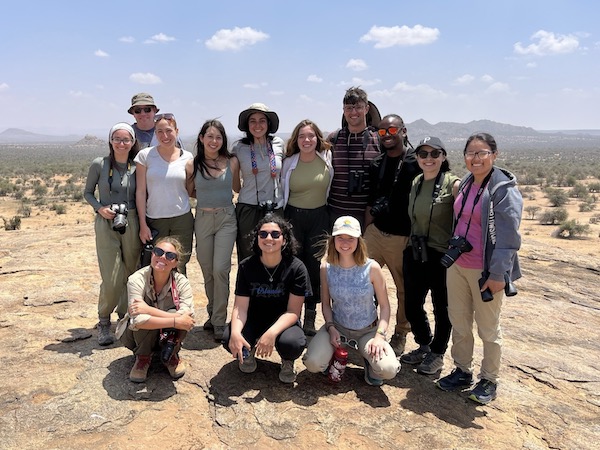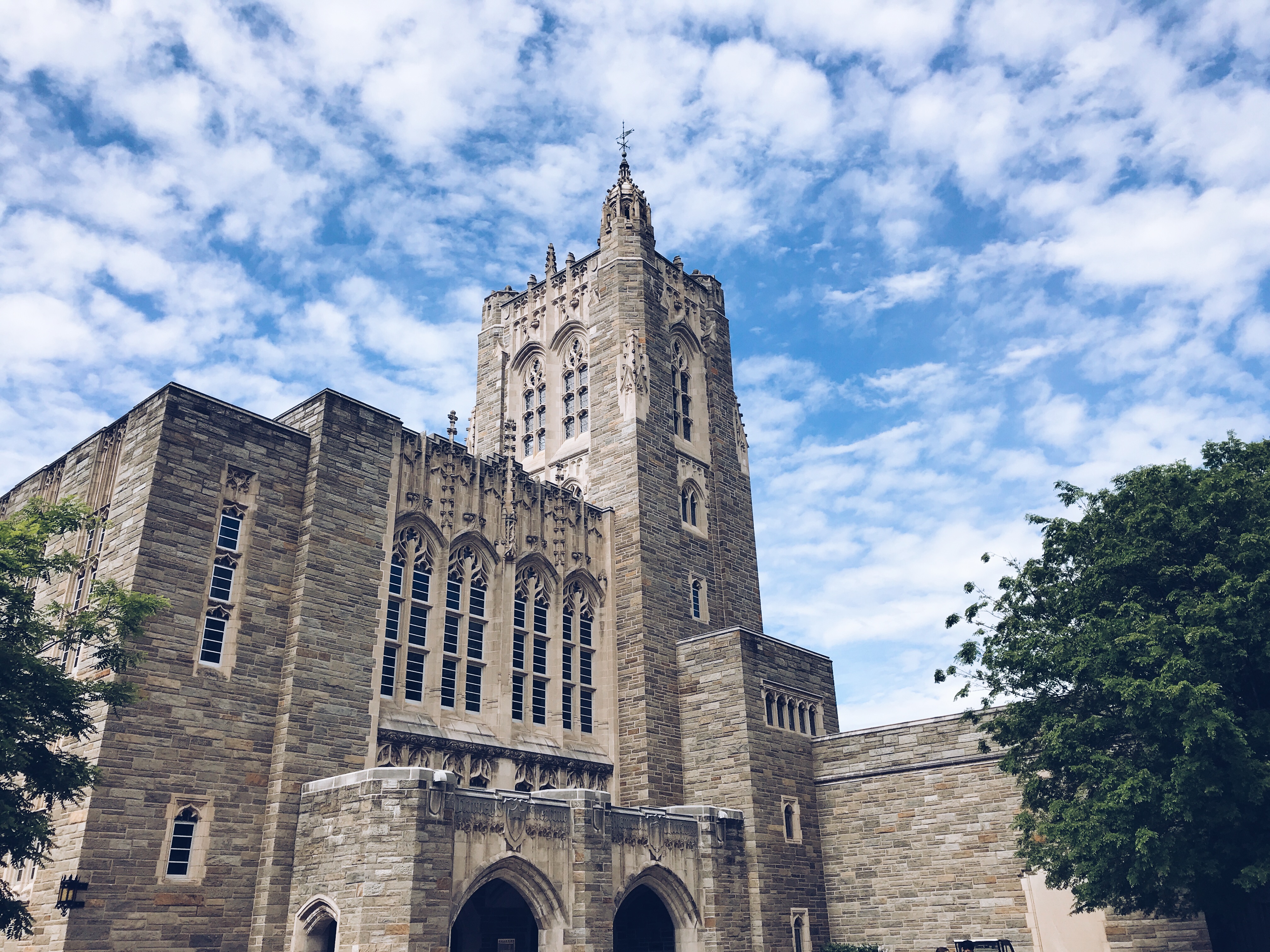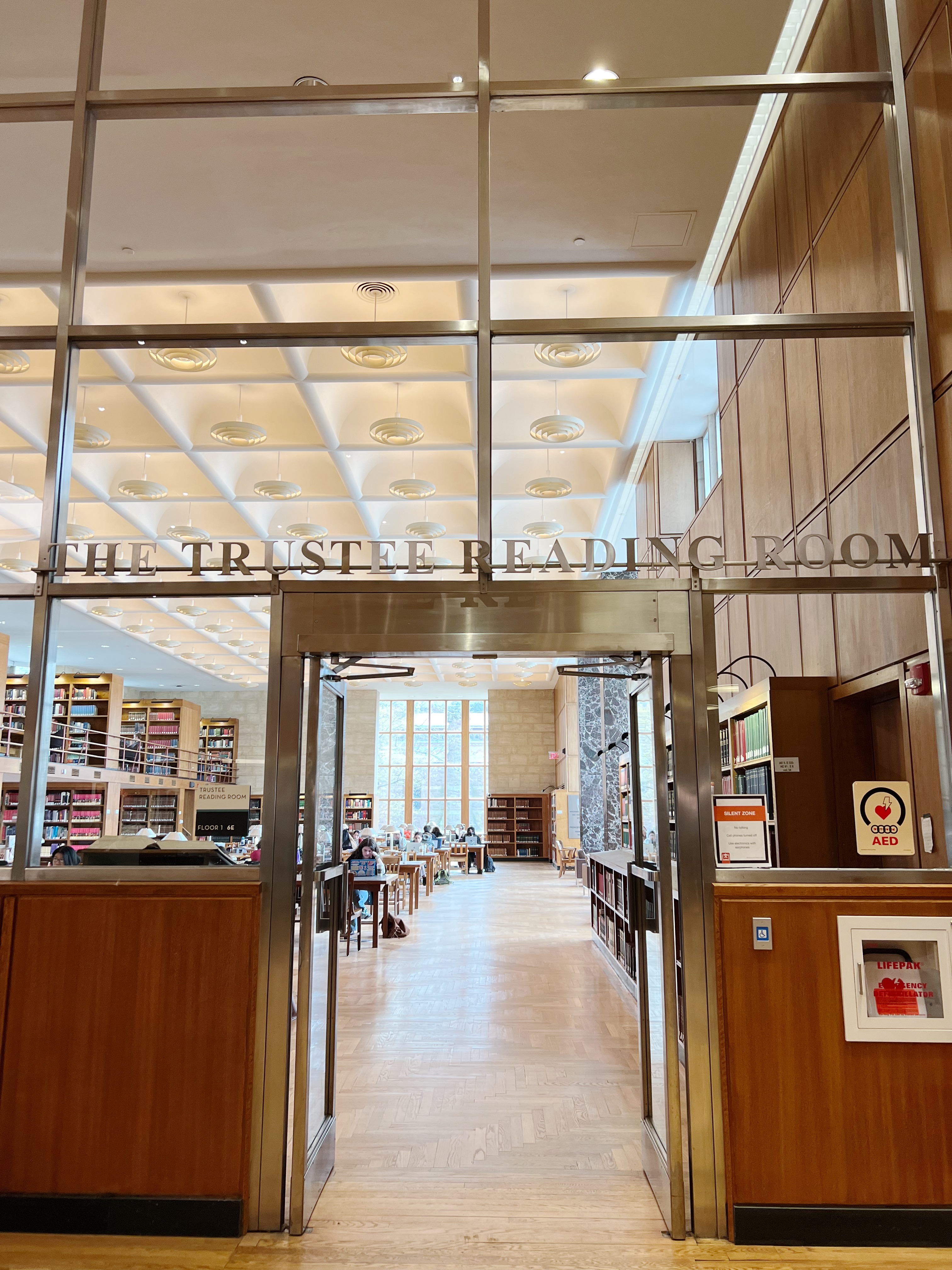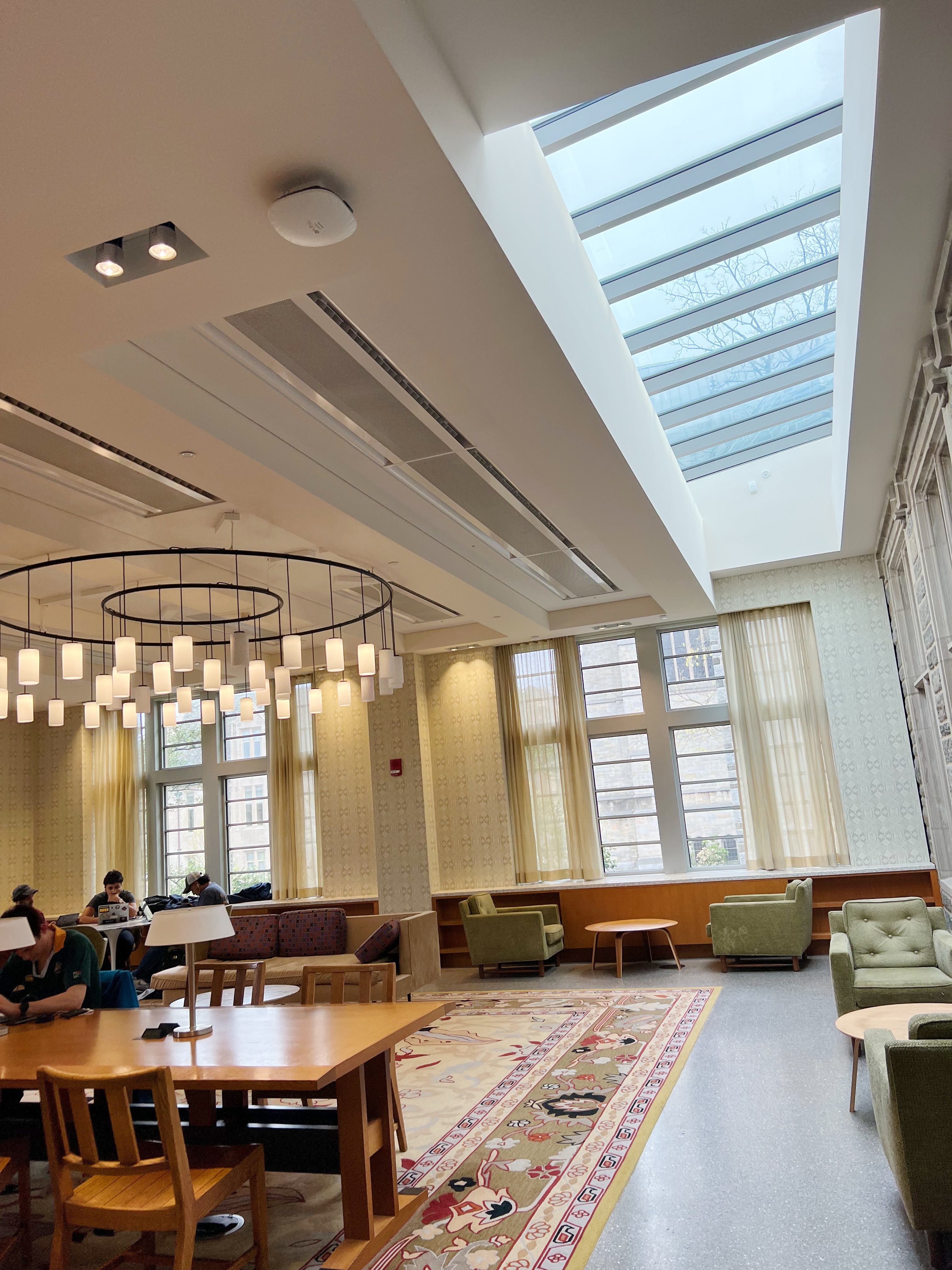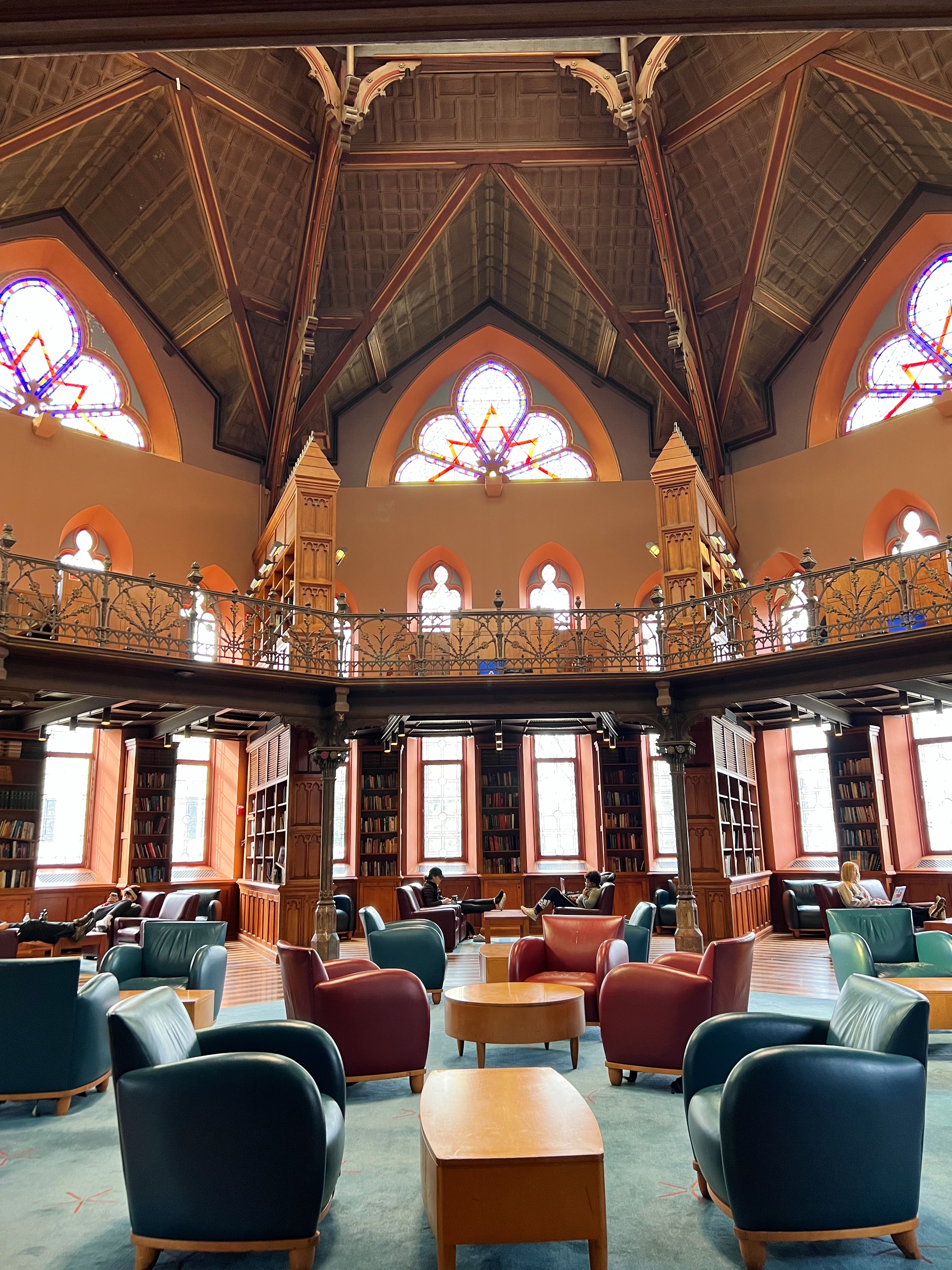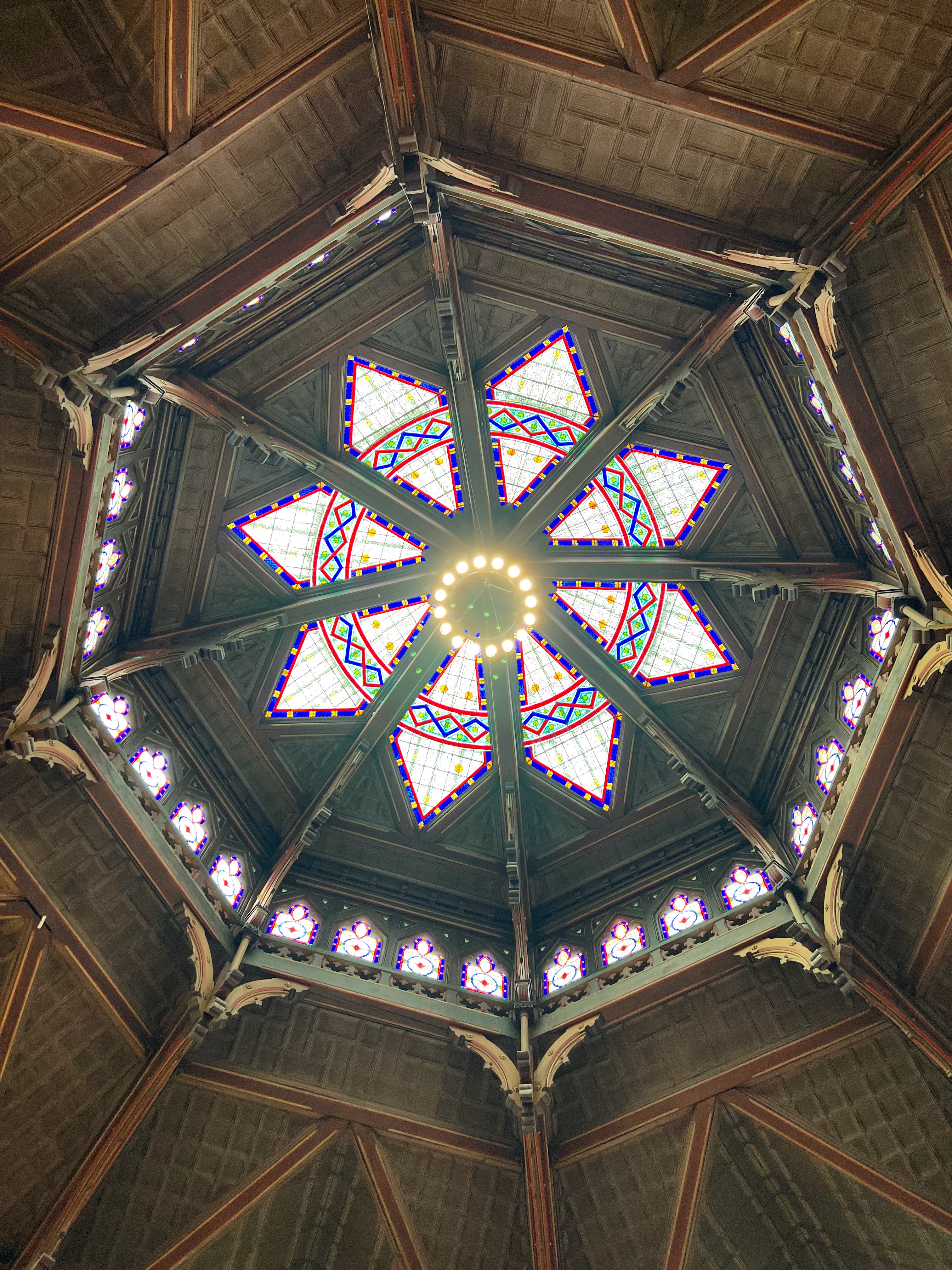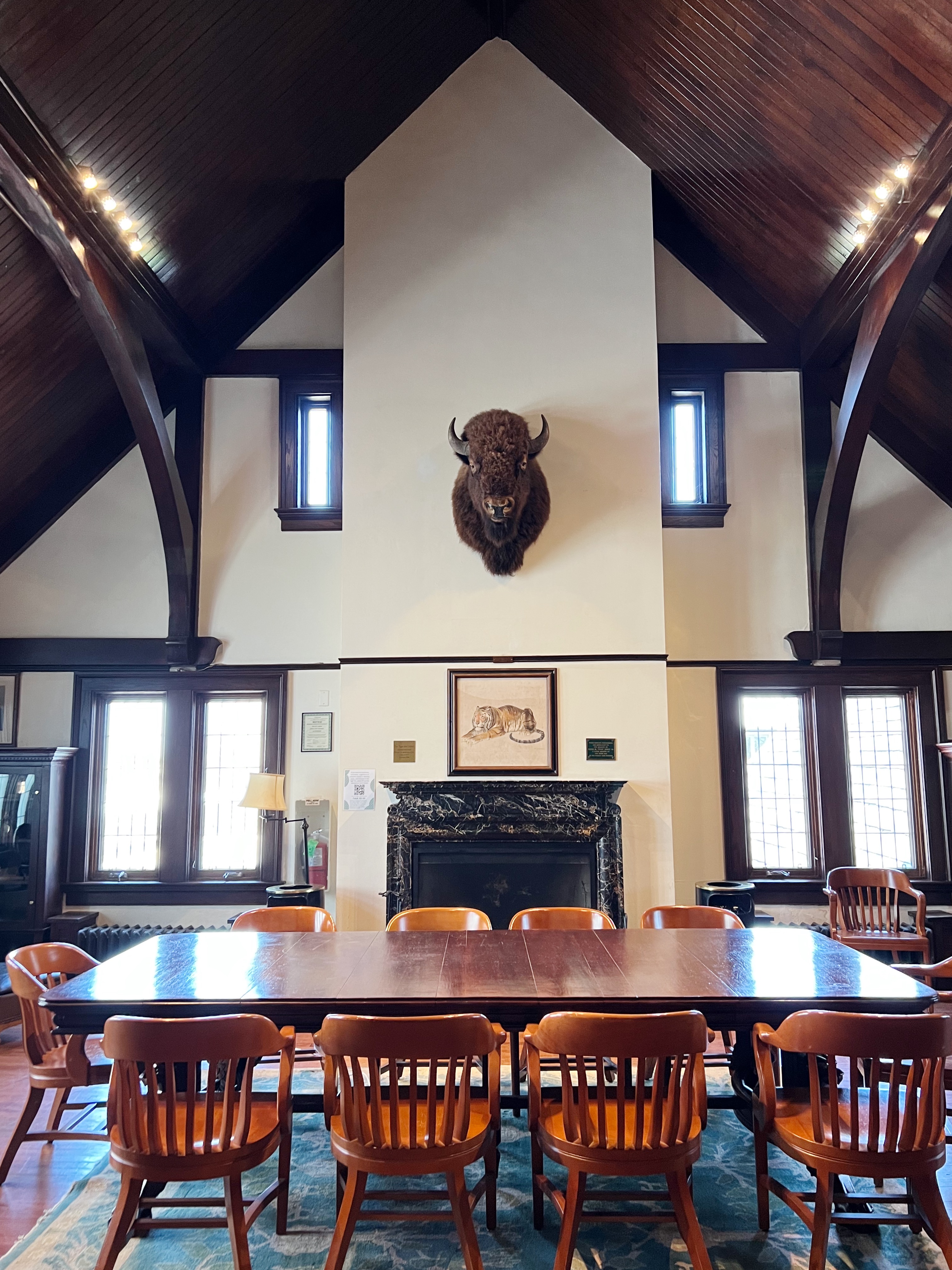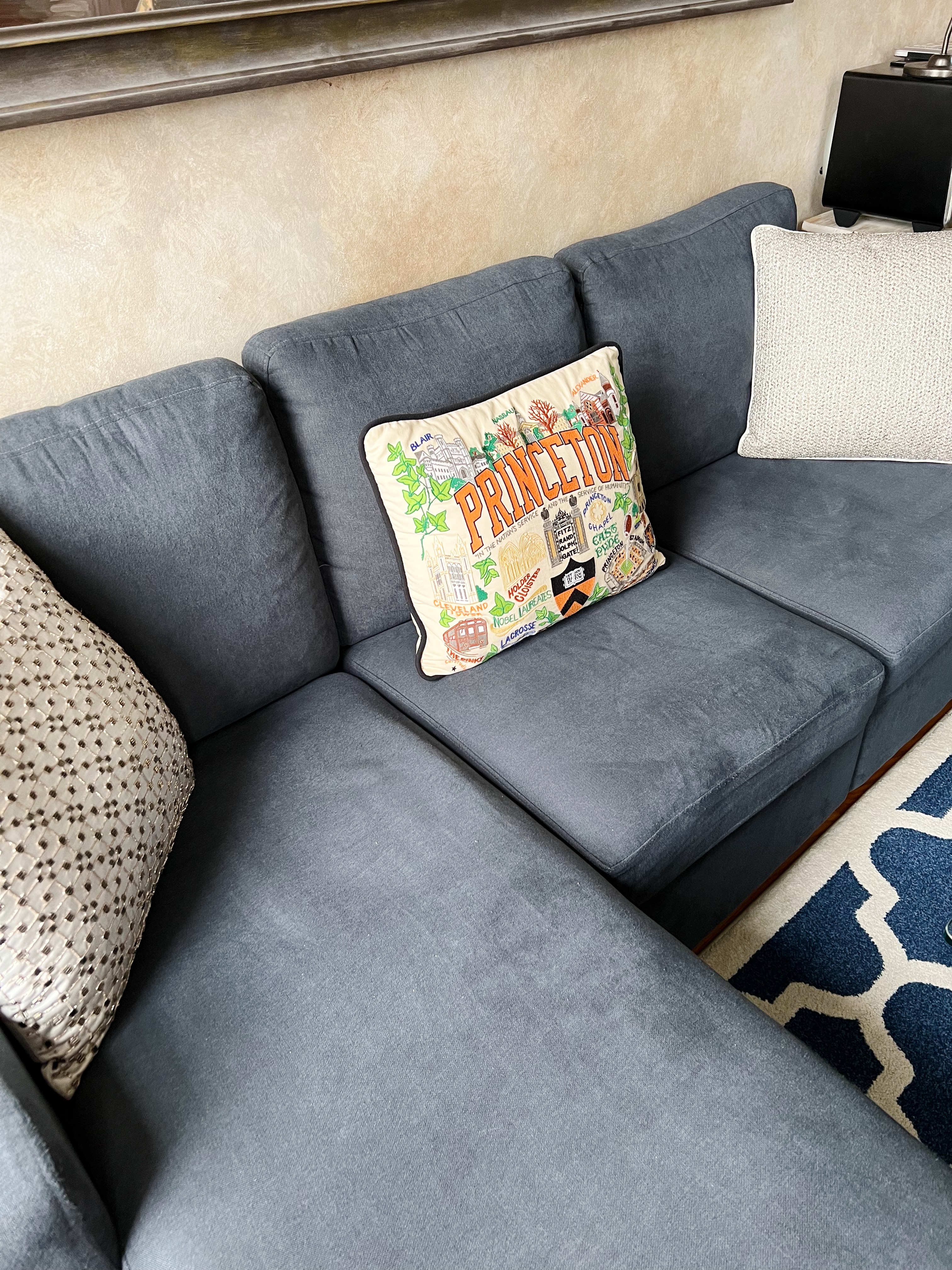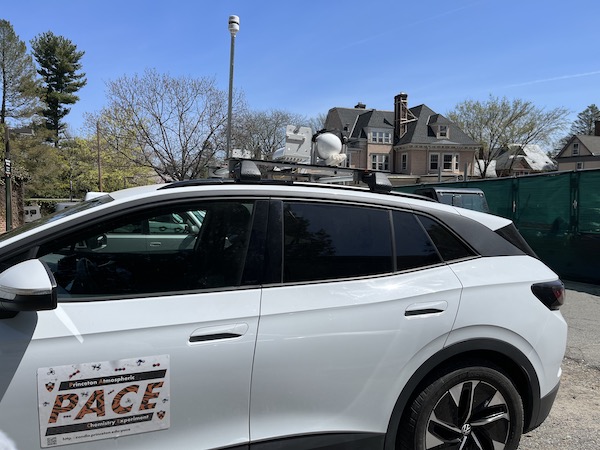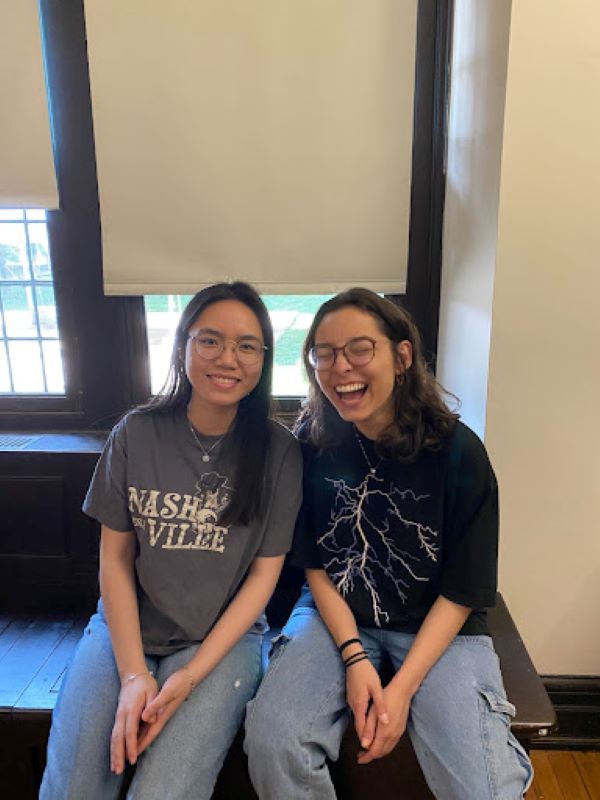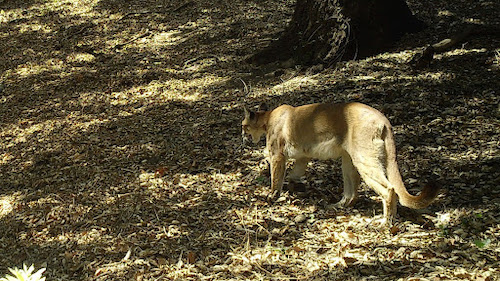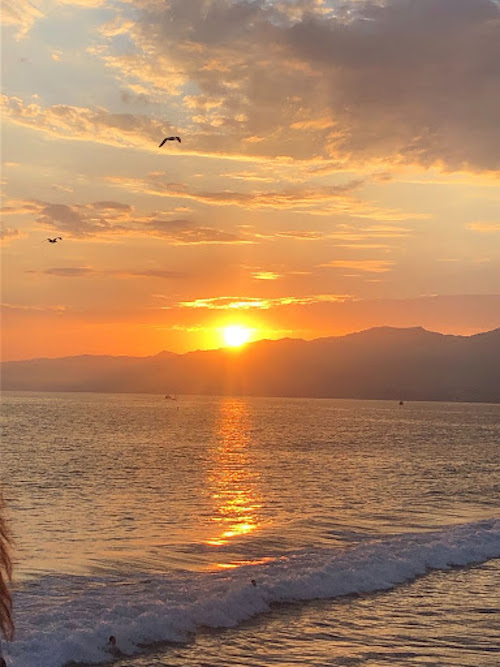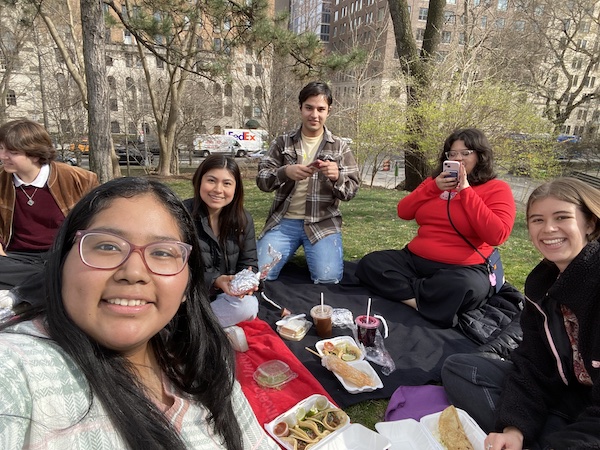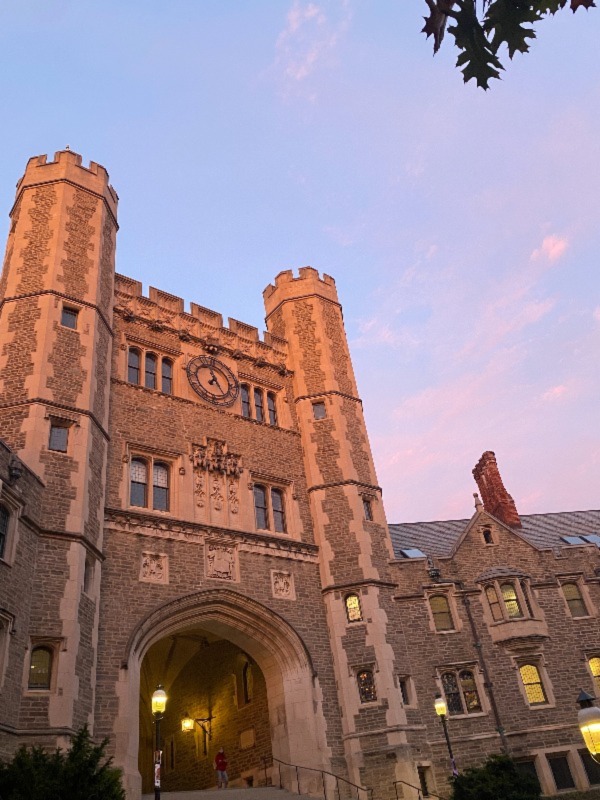I just came back from Puerto Rico, where I gave a talk on my junior paper at the Institute of Electrical and Electronics Engineers (IEEE) Photovoltaic Specialists Conference. It was an incredible experience, and I learned a lot about both the field of solar photovoltaics and the history and culture of Puerto Rico. Here are the steps I took to arrange the trip, as well as the wonderful Princeton people who made it possible (a special thank you to Dr. Barry Rand, Dr. Sigurd Wagner, and Moira Selinka of Princeton's Andlinger Center for Energy and the Environment).
Step 1: Find the right conference
How do you choose a suitable conference for your work? The best person to ask is usually your advisor, who is familiar with the scope of different conferences. I asked Drs. Rand and Wagner, my project advisors, and the one that immediately came to mind for them was the IEEE Photovoltaic Specialists Conference. Given that my project is about the adoption of rooftop solar panels in the U.S., this sounded like a perfect fit.
Step 2: Write and submit your abstract
To submit to a conference, you usually have to write an abstract or extended abstract on your findings. For this conference, they asked for a 3-page extended abstract. Be aware of deadlines, as they are usually far in advance of the conference itself. For PVSC, the abstract was due in January while the conference was in June.
Step 3: Find funding and make travel arrangements
I heard back that my abstract was accepted for a poster presentation in mid-March, and I applied through for funding through the Student Activities Funding Engine (SAFE) to head to Puerto Rico.
Step 4: Create and print your poster
I designed my poster, and I sent an email to Print Services to have it printed. (I found out later, though, that students can print two free posters per month in the Engineering Library. Now I know.)
Step 5: Learn that you won't actually need your poster
Two weeks before the conference, I found out that my abstract was selected for an oral presentation instead! I put together a set of Powerpoint slides, which I presented to Professors Rand and Wagner. They helped me revise and refine my presentation so that I felt well-prepared to deliver my talk.
Step 6: Travel, arrive, and check-in
Come mid-June, it was time to fly to Puerto Rico! I arrived late Monday night, and Tuesday morning I went to the convention center to familiarize myself with the presentation room and equipment before my session.
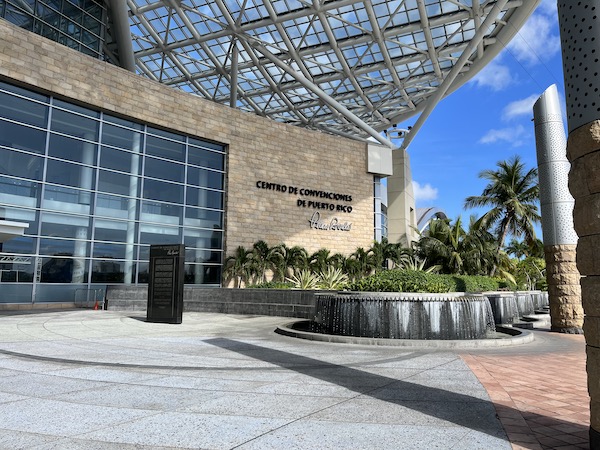
Step 7: Present!
My presentation was the last one scheduled for my session, so I listened to several other presentations before it was time for mine. It was interesting to hear about related solar research. I was slightly nervous before my talk, but I think it went well. The audience seemed engaged, and they asked questions that showed that had followed along and absorbed the key points.
Step 8: Explore the surrounding area
After the conference, I explored the island. I visited the citadel, Castillo San Felipe del Morro, and the only tropical rainforest in the U.S., El Yunque. I also saw incredible flora and fauna, like a three-foot iguana that crossed the sidewalk while I was out for a run.
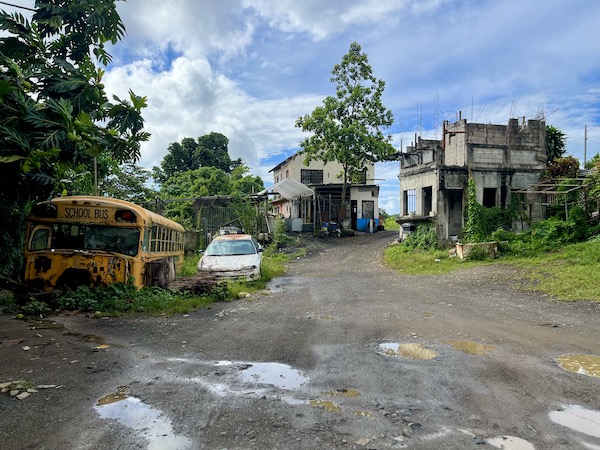
Step 9: Submit receipts
When I got back home, I submitted the receipts of my various expenses for the conference (flight, airport taxi, registration fee) in order to be reimbursed.
Step 10: Reflect
Stepping outside the Orange Bubble and contiguous U.S. immersed me in a completely different culture. I learned about solar research from scholars in other states and countries, and I explored the landscape and history of a place to which I had never been, which gave me a more global perspective on both research and lifestyle culture. The experience was truly amazing, and I'm so grateful to have had the opportunity.







